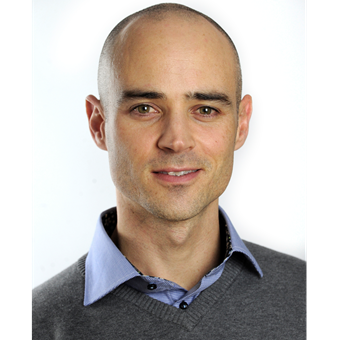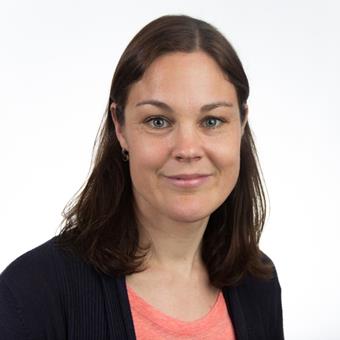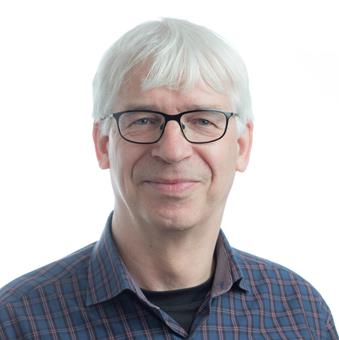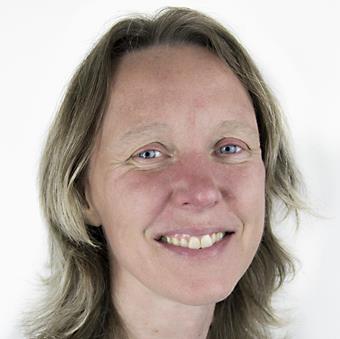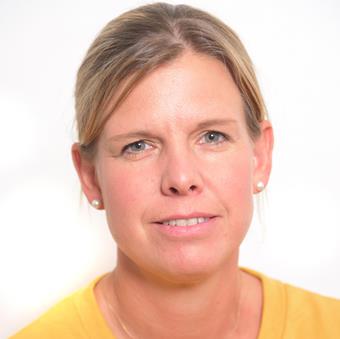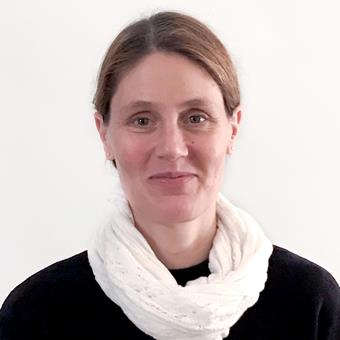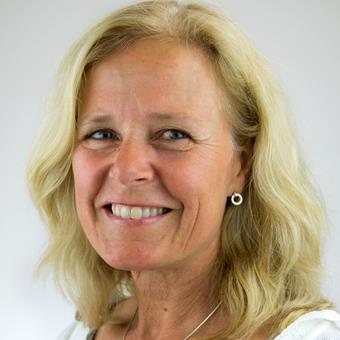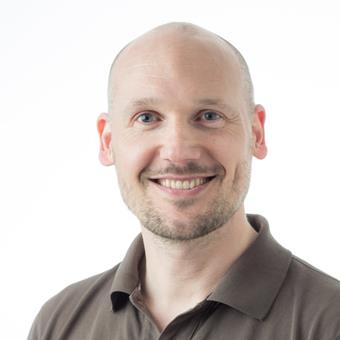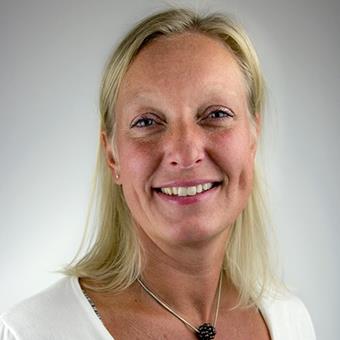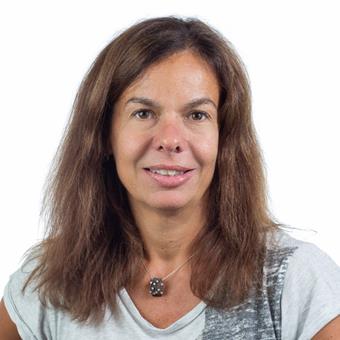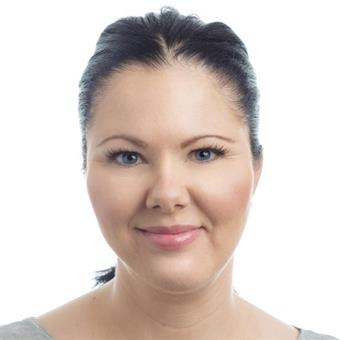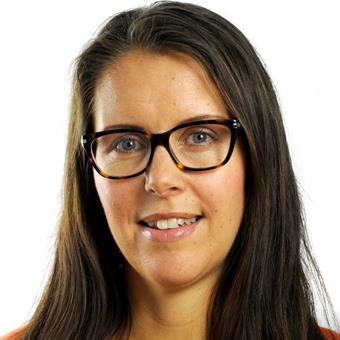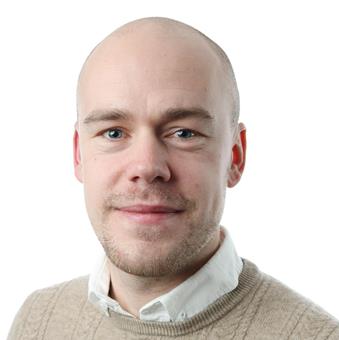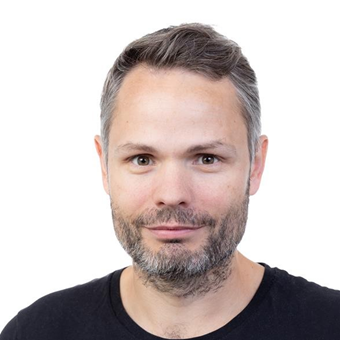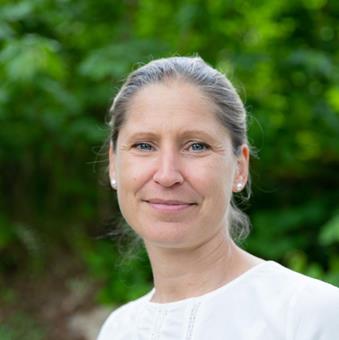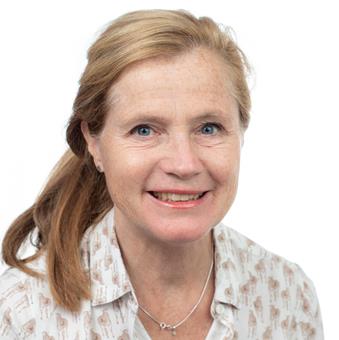The research is developing new knowledge aimed at understanding how movement and activity can be the basis for interventions in preventive and rehabilitative work and how evaluation of movement and activity may be the goal of various interventions. Interventions include general everyday activities, exercise and specific interventions and are aimed towards the individual, the environment and society.
Unit of Physiotherapy
Movement and activity are described as prerequisites for health, action and life. Human movement and activity can be analysed and described from physical, psychological and social/contextual perspectives. Movement is studied at the organ, individual, group and social levels and includes studies carried out during different periods of time.
Research surrounding movement and activity is aimed at developing new knowledge in relation to health and disease, attitudes and approaches, cultural aspects, movement and activity during the life cycle and historical and social perspectives on movement and activity.
The research is developing new knowledge aimed at understanding how movement and activity can be the basis for interventions in preventive and rehabilitative work and how evaluation of movement and activity may be the goal of various interventions. Interventions include general everyday activities, exercise and specific interventions and are aimed towards the individual, the environment and society.
The research is developing new knowledge aimed at understanding how movement and activity can be the basis for interventions in preventive and rehabilitative work and how evaluation of movement and activity may be the goal of various interventions. Interventions include general everyday activities, exercise and specific interventions and are aimed towards the individual, the environment and society.
Research
Contact
Visiting Address
Växthuset
House 511, floor 15
Campus US, Linköping

